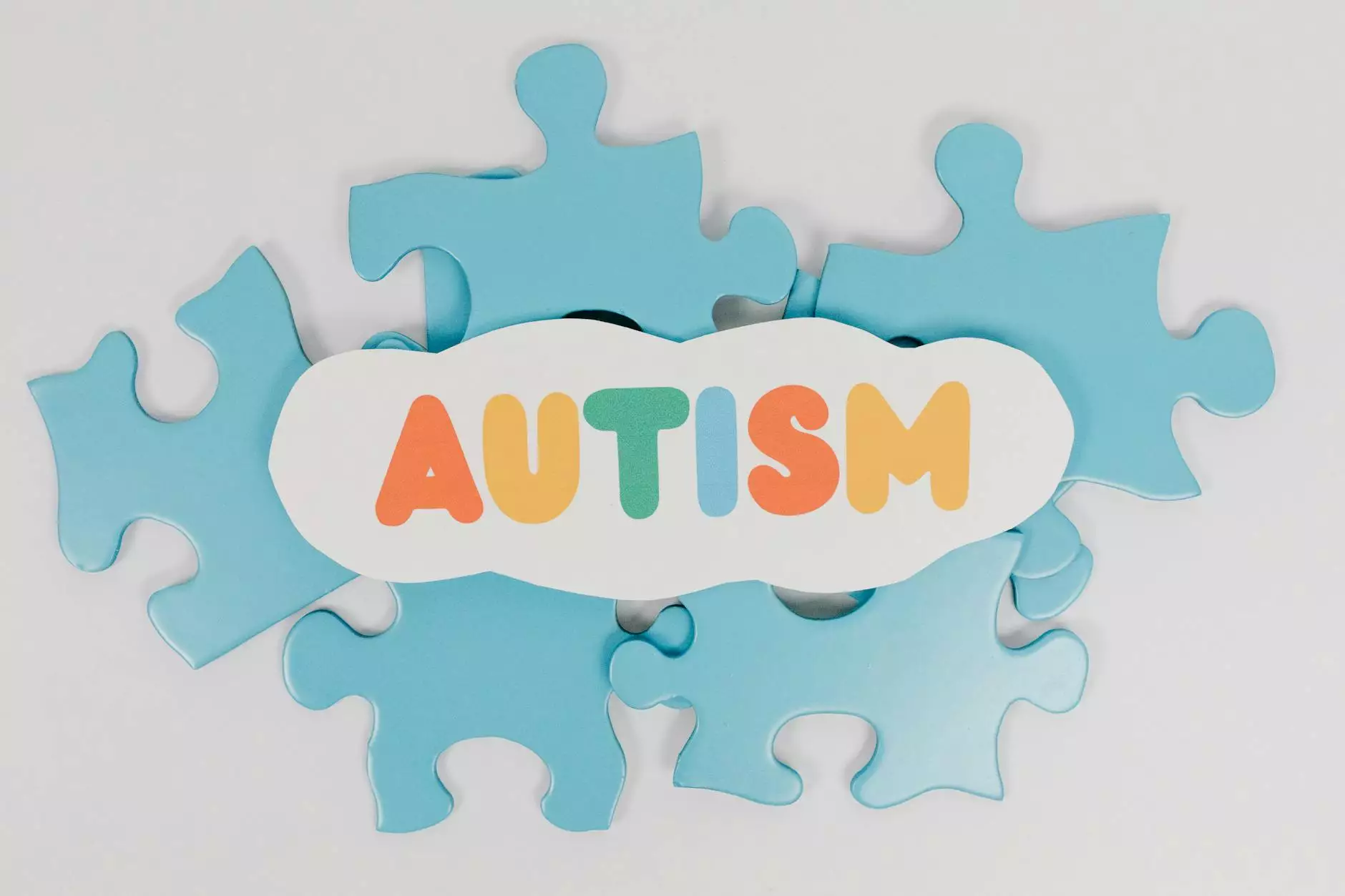What to Do When Your Child has Colic
Health
Understanding Colic: Causes and Symptoms
As a parent, dealing with a colicky baby can be overwhelming. Knowing how to identify and manage colic is crucial for both your child's comfort and your own peace of mind. Colic is a common condition characterized by excessive, inconsolable crying in a healthy baby that lasts for several hours a day, usually in the late afternoon or evening. While the exact cause of colic remains unknown, experts believe it may be due to digestive issues, an immature nervous system, or even maternal stress during pregnancy.
Seeking Professional Help
If your child exhibits symptoms of colic, it's important to consult a healthcare professional like Kelley Tim PA-C who specializes in pediatric care. They can provide a thorough examination, rule out any underlying medical conditions, and offer guidance on managing colic effectively. Remember, you are not alone in this journey, and seeking professional help is the first step towards finding relief for both you and your child.
Creating a Soothing Environment
When it comes to managing colic, creating a calm and soothing environment for your baby is key. Start by ensuring that their basic needs, such as hunger, sleep, and cleanliness, are met. Gentle rocking and swaddling can provide comfort, as can the use of white noise machines or soothing music. Experiment with different techniques to find what works best for your child.
Establishing a Consistent Routine
Colicky babies often benefit from a consistent daily routine. Establishing regular feeding, sleeping, and playtime schedules can help reduce the frequency and severity of colic episodes. By incorporating structured periods of calm, such as reading or singing to your baby, you can provide a sense of security and stability amidst the distressing symptoms of colic.
Exploring Dietary Adjustments
In some cases, colic may be linked to dietary factors. If you are breastfeeding, certain foods in your diet may be triggering colic episodes in your baby. Consider keeping a food diary to track any potential associations between your diet and your child's symptoms. If you are formula feeding, consult with your pediatrician about possible alternatives that may be easier to digest and less likely to cause discomfort.
Engaging in Soothing Activities
Engaging in calming activities can help distract your colicky baby and provide temporary relief. Taking your baby for a gentle stroll in a stroller or baby carrier can be soothing, as can spending time in a warm bath together. Additionally, baby massage has been shown to alleviate colic symptoms by promoting relaxation and improving digestion. There are various techniques you can learn from experts or online resources to ease your baby's discomfort.
Building a Support Network
Coping with colic can be emotionally and physically draining, which is why building a support network is essential. Reach out to friends, family, or other parents who have gone through similar experiences. Joining local support groups can provide a safe space for sharing frustrations, seeking advice, and finding comfort in knowing that you are not alone. Remember, taking care of yourself is equally important in being able to care for your colicky baby.
Conclusion
Dealing with a colicky baby can be challenging, but with the right guidance and support, you can navigate this phase successfully. Consult with Kelley Tim PA-C and follow the expert advice provided in this comprehensive guide to help manage colic and provide comfort for your child. Remember, colic is a temporary condition, and as your baby grows, the symptoms will gradually improve, allowing both you and your little one to enjoy happier and more peaceful moments together.




